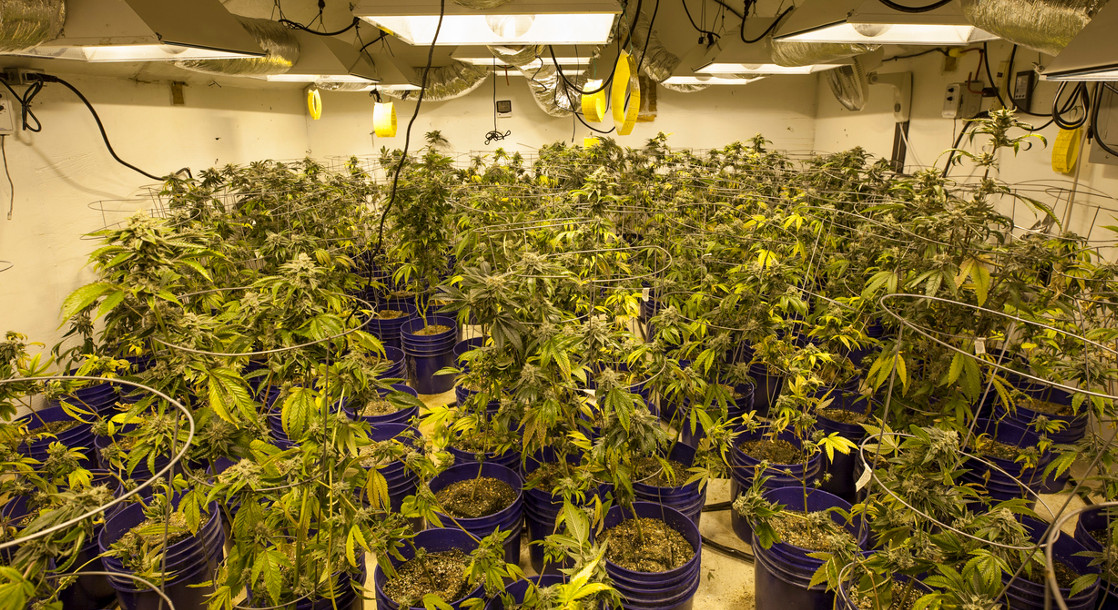Photo via iStock
A recent business deal between a Canadian canna-business and an American university has kicked off an explosion of investment in Canada's soon-to-be-legal pot industry, but financial insiders are warning that this new marijuana investment boom may be a bubble waiting to burst.
Last week, the University of California San Diego announced that the U.S. Drug Enforcement Administration (DEA) had granted them approval to import medical marijuana products for research purposes from Tilray, Inc., a major cannabis producer based in British Columbia. The company's stock — which initially went public at $17 a share in July — spiked at $300 a share last Wednesday, but eventually settled to $123 a share by the end of the week.
“It caught a lot of attention,” Greg Taylor, portfolio manager at Purpose Investments, said to Yahoo Finance Canada. “I think what really set it apart was that it was a direct to NASDAQ IPO, which opened up the audience for it to get a lot bigger. It’s sometimes difficult for Americans or global investors to buy on the Canadian exchange, especially the CSE (Canadian Securities Exchange).”
U.S. law prohibits domestic financial institutions from handling any funds connected with illegal drugs, which blocks U.S. canna-businesses from listing on the stock market, among other restrictions. However, regulations do not prohibit cannabis companies that are legally operating outside of the country from listing on the American market, and three major Canadian firms — Tilray, Cronos Group Inc., and Canopy Growth Corp. — have recently done so. The latter two were previously leading the market, but the news of Tilray's fresh deal in the States quickly sent it to the head of the pack.
Excited by Tilray's success, more and more Canadian companies are looking to list on the American market, but financial analysts warn that this boom may turn out to be a bubble. “The interesting thing is that almost every other company that I’m seeing listed in Canada is actively pursuing a U.S. listing right now,” Taylor told Yahoo. “I think the scarcity factor in the next month or two could go away as more companies work on switching to the U.S.”
The recent boom in cannabis investment has drawn comparisons to the dot-com bubble of the late 1990s, as well as the more recent cryptocurrency bubble. Last Wednesday, when Tilray's stock hit its highest point, there were double the number of references to “cannabis” in news articles compared to references to “crypto,” according to Bloomberg. Google Trends data also demonstrated a spike of interest “among the novice [investors] wanting to know how to buy” cannabis stocks, said Financial Insyghts president Peter Atwater.
Taylor told Yahoo that the spike in Tilray's stock was “starting to look like one of the greatest mania stocks I have ever witnessed, and I was hired to manage dot-com companies in the 90’s.” Despite the risk, Taylor still believes that some businesses will be able to ride out the wave and survive a potential market crash. “Coming out of this euphoria phase, we are going to have some global players.”











